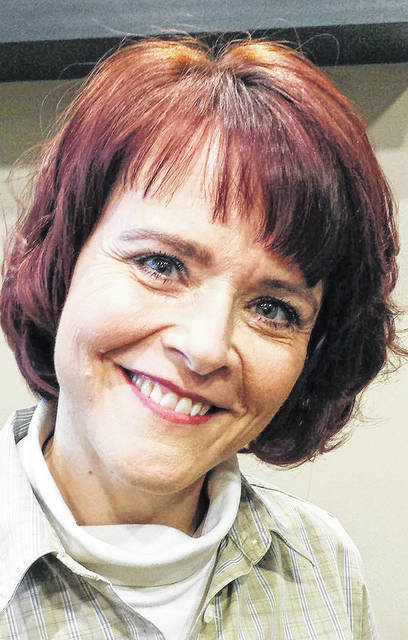
“I was told, ‘If you are depressed, you have no excuse’” my friend, who battles depression, said to me recently. “That is just mental illness stigma,” I replied.
What is mental health stigma?
It refers to societal disapproval, or when society places shame on people who live with a mental illness or seek help for emotional distress, such as anxiety, depression, bipolar disorder, or PTSD according to MedicalNewsToday.
Brene’ Brown, social researcher, calls such shame toxic: “I define shame as the intensely painful feeling or experience of believing that we are flawed and therefore unworthy of love and belonging – something we’ve experienced, done, or failed to do makes us unworthy of connection. I don’t believe shame is helpful or productive.”
Depression has tripled. According to the American Psychiatric Association, depression causes feelings of sadness and/or a loss of interest in activities you once enjoyed. It can lead to a variety of emotional and physical problems and can decrease your ability to function at work and at home.
Since COVID, the number of individuals suffering with depression has tripled. Over 1 in 4 U.S. adults report experiencing symptoms of depression.
Cliff Bauman (https://cliffordbauman.com) knows full well how deadly depression can be. Depression almost cost him his life.
A career army soldier of 33 years, Cliff Bauman attempted suicide because of his experiences related to 9/11.
“9/11 changed my life forever. After not finding anyone alive after the attack, I became very depressed and attempted to end my own life,” Bauman explained. “I thought getting help would certainly end my military career. After my attempt, I received treatment. Counseling made me a stronger man and soldier. I share my story with service members and family members. I want everyone to know that it is ok to ask for help. I will always fight to reduce the ‘stigma’ with getting help around an issue we are seeing not only in the military but also across our society as a whole.”
Combating it
Faith is one weapon I use to combat societal stigma. I choose to believe God’s perception of me versus how our society views people like me.
I meditate on the word of God daily. I claim God’s promises like Galatians 5:1 “Let me be clear, the Anointed One has set us free—not partially, but completely and wonderfully free! We must always cherish this truth and stubbornly refuse to go back into the bondage of our past.”
Kathleen Smith, licensed therapist, and author of “Everything Isn’t Terrible”, believes faith is an important ingredient as we navigate through COVID.
“For many people, being a part of a community of shared beliefs and faith is important to them. Faith is also about knowing yourself, what you believe, what your values are, and what’s important to you. Both of these components are incredibly important parts of the human experience. As I discuss in my book, we are by nature social creatures.”
The other way I combat mental illness stigma is by launching this Mental Health Warrior series.
Kathleen Smith approves. “What society tends to do is focus on what’s outside of a person’s control. Society focuses on what’s scary, or unpredictable or confusing about mental illness. I think your term ‘warrior’ sort of reflects what people are up against. As you said in previous articles, it can take years to find the right medication that works for you. What’s encouraging to me as a therapist is to focus on the individual, how they are able to manage their lives, carve out a life for themselves, and function despite these challenges. I like your term ‘warrior’.”
Are you struggling with loneliness, depression, or suicidal thoughts? Struggling with your mental health does not make you crazy, weak, or dangerous. You are a mental health warrior.
Your life matters. Please ask for help through the Suicide Prevention Hotline, the National Alliance on Mental Illness (NAMI), or the How Right Now website.
Danei Edelen is the president for the NAMI Brown County Ohio affiliate. She is a mental health advocate for the Brown County Board of Mental Health & Addiction Services. For more information on NAMI Brown County Ohio, call 937-378-3504 ext. 102 or email [email protected].


